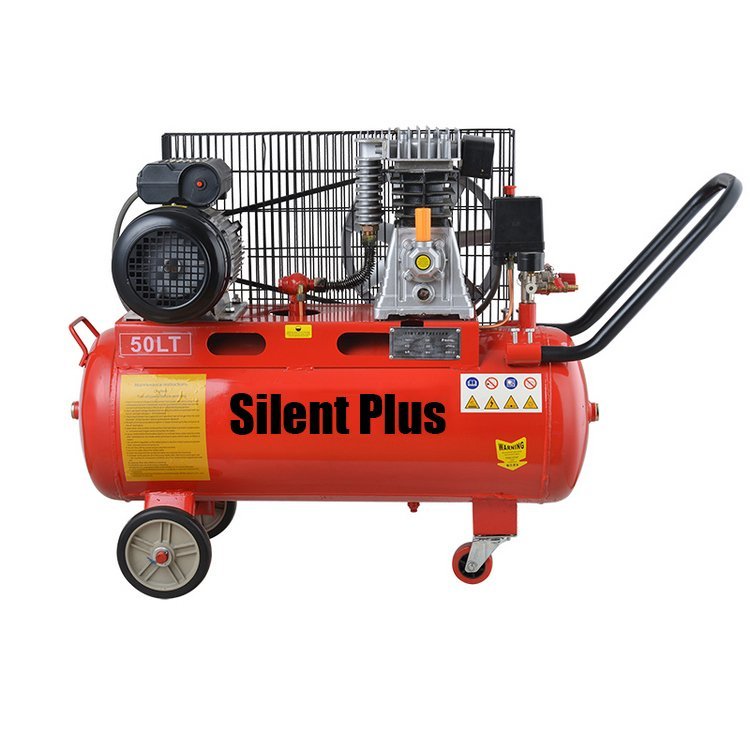Quiet Oil-Less Dental Air Compressor – Perfect for Orthodontic Clinics
Orthodontic clinics require reliable, high-quality equipment to provide the best possible dental care to their patients. A quiet oil-less dental air compressor is an excellent investment for orthodontic clinics, offering several benefits over traditional models.
What is a Quiet Oil-Less Dental Air Compressor?
A quiet oil-less dental air compressor is a specialized type of air compressor that operates without the use of oil lubrication, making them ideal for dental practices where contamination from oil vapor can be a problem. They are also designed to operate more quietly than traditional compressors, producing noise levels below 60 decibels.
Benefits of Using a Quiet Oil-Less Dental Air Compressor in Orthodontic Clinics
The use of a quiet oil-less dental air compressor provides several benefits for orthodontic clinics, including:
Reduced Noise Levels
Traditional dental air compressors can produce significant amounts of noise, which can be disruptive to both patients and staff. A quiet oil-less dental air compressor produces much less noise, providing a quieter environment for dental procedures.
Improved Air Quality
Using a quiet oil-less dental air compressor ensures that the air used during dental procedures is free from oil vapor contamination, ensuring the safety of the patient and the quality of the work being performed.
Higher Reliability
Oil-less compressors are known for their reliability and durability, requiring less maintenance than traditional models. This reduces downtime and increases productivity, allowing orthodontic clinics to provide efficient and effective care to their patients.
Space Savings
Quiet oil-less dental air compressors are designed to be compact and space-saving, making them ideal for orthodontic clinics with limited space. Their compact size allows them to be easily stored in tight spaces without taking up valuable floor space.
Conclusion
A quiet oil-less dental air compressor is an excellent investment for orthodontic clinics, offering several benefits over traditional models. By providing reduced noise levels, improved air quality, higher reliability, and space savings, they can help orthodontic clinics provide more efficient, effective, and quality care to their patients.

